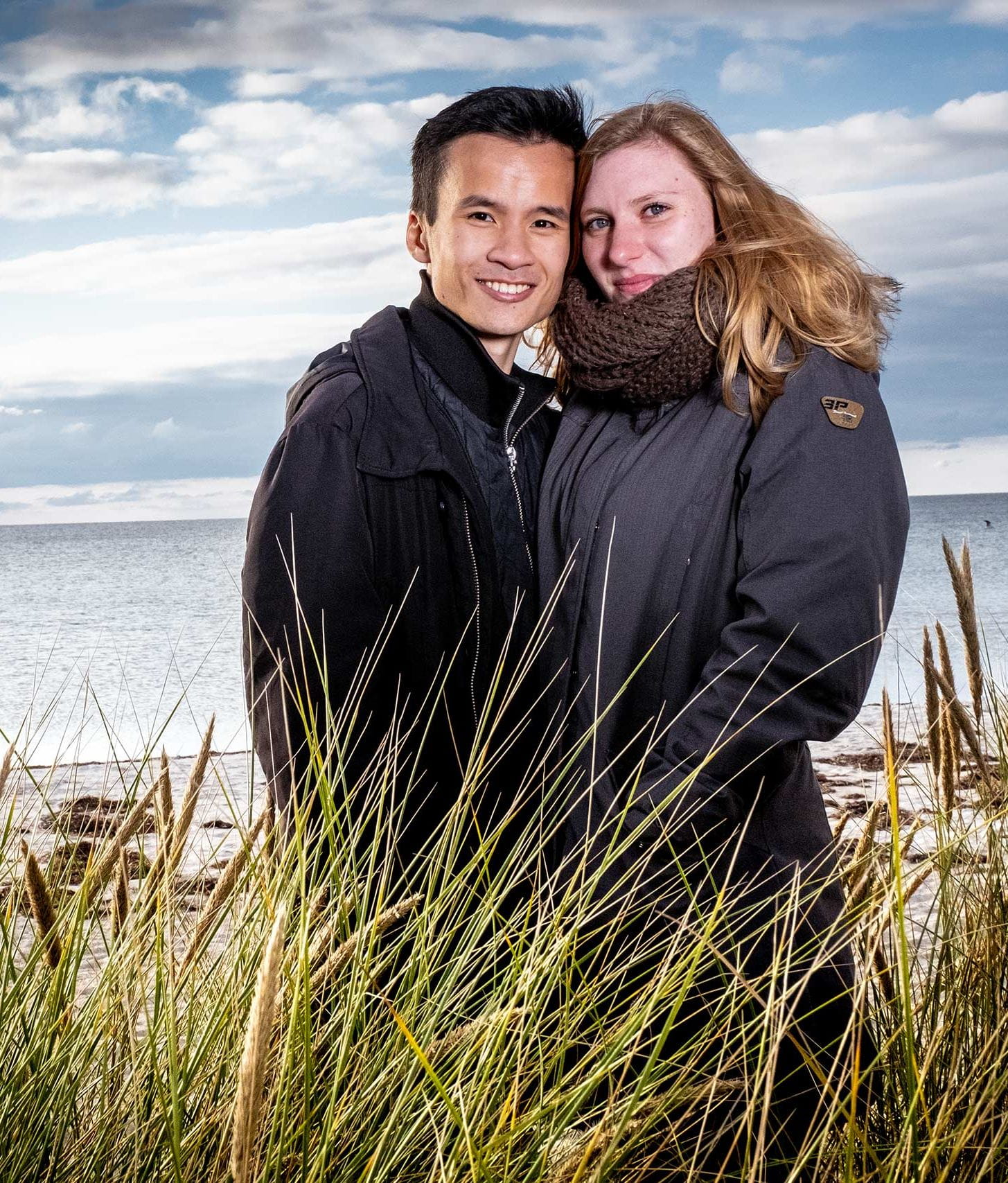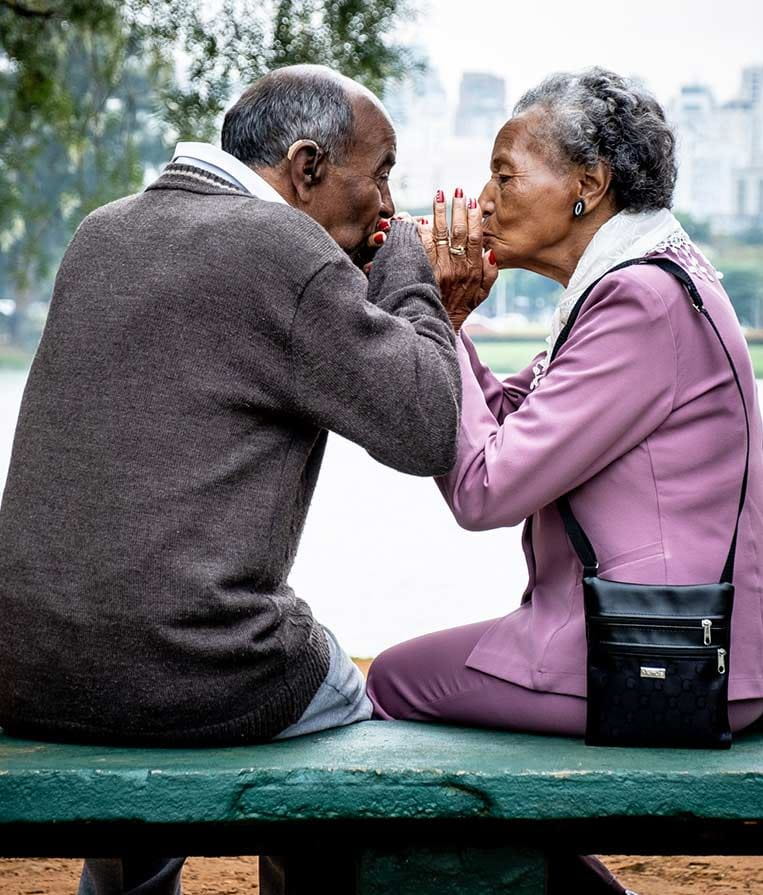
We are Lonely, when Trusted Relationships are Absent
Derrick Feldmann leads Ad Council Edge, an American NGO, which uses the power of communications to tackle the most important issues of our time. They have been fighting pollution and polio, stood up for women at work and helped to stop HIV Aids. Now, they published a global survey on ‘Loneliness’, with the support of NIVEA. We spoke to Derrick about loneliness, where it comes from and how we can help to prevent it.
"Feeling alone is less about being alone physically and more about a lack of an emotional support system or quality and valued relationships."
"Four out of ten 18-34 year old people are feeling loneliness."
"Though many are using technology to stay in touch, most admit that nothing can quite replace physical interaction."
"All of these unmet needs result in feelings of loneliness, anxiety and sadness."
"We have to understand, that loneliness comes with inertia to take the initiative and reach out to to others."
"If it is the right person, human touch can make someone feel loved, safe, and less alone."
"Nudge those who feel lonely as well as all the others to reach out."







